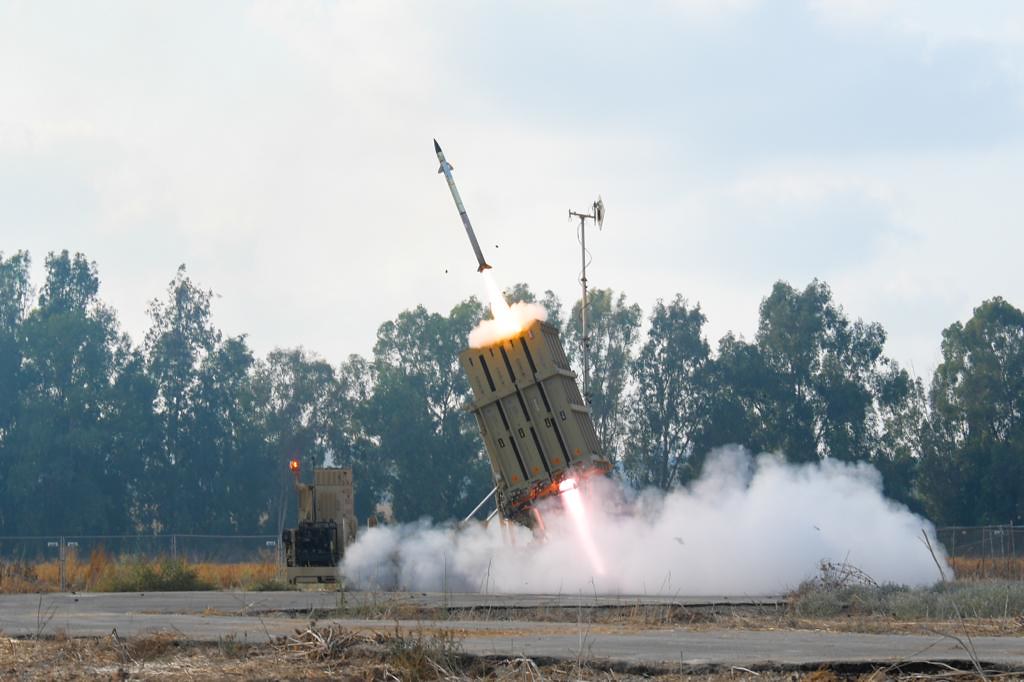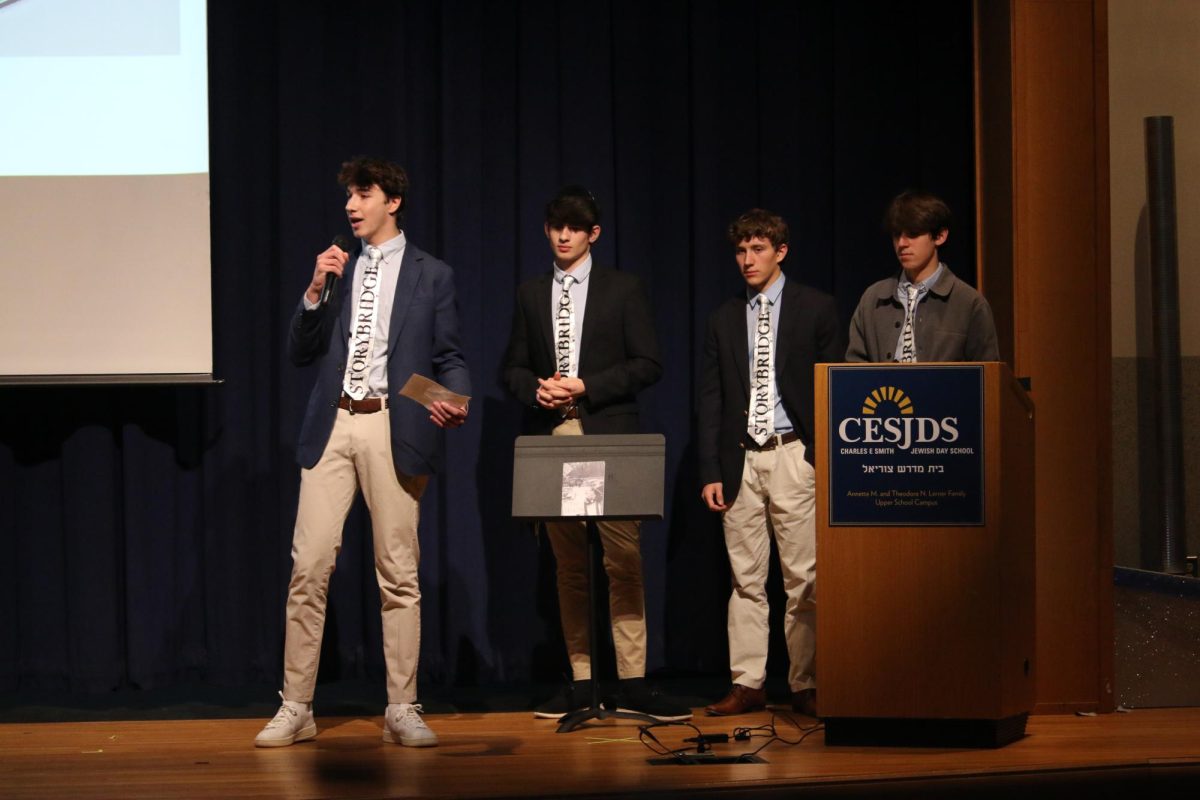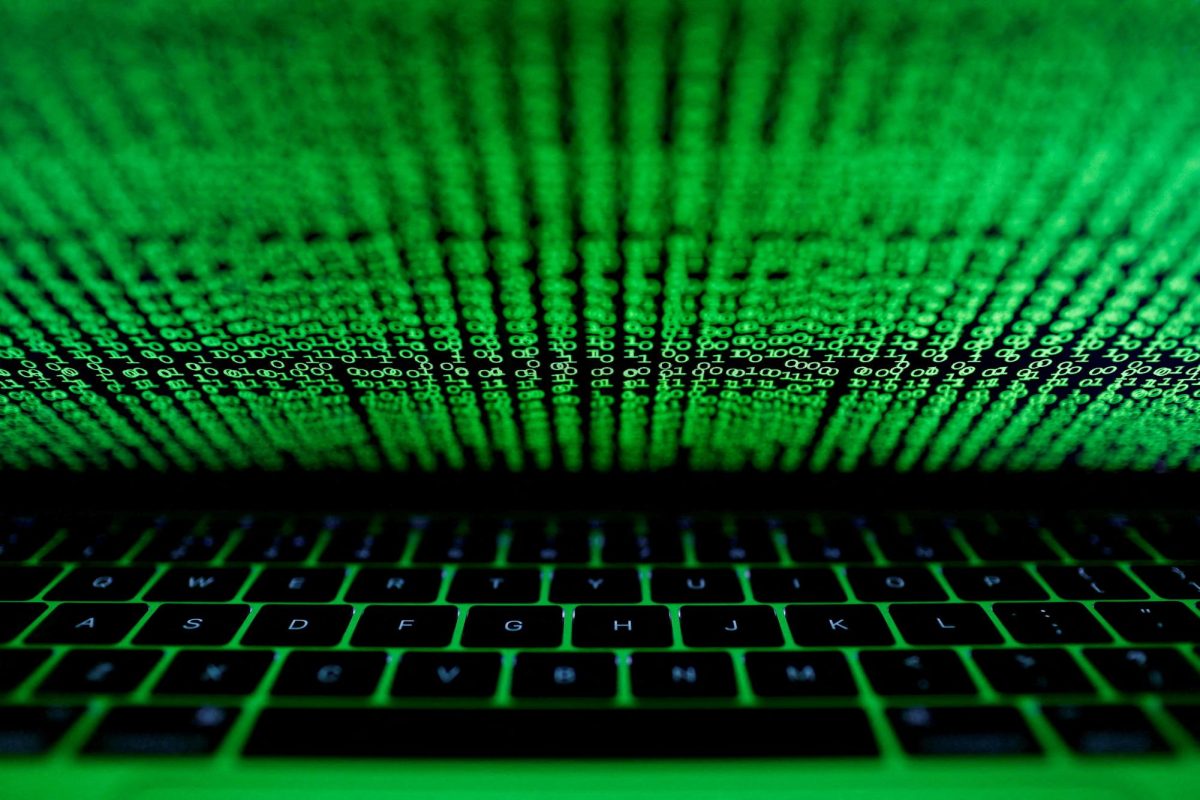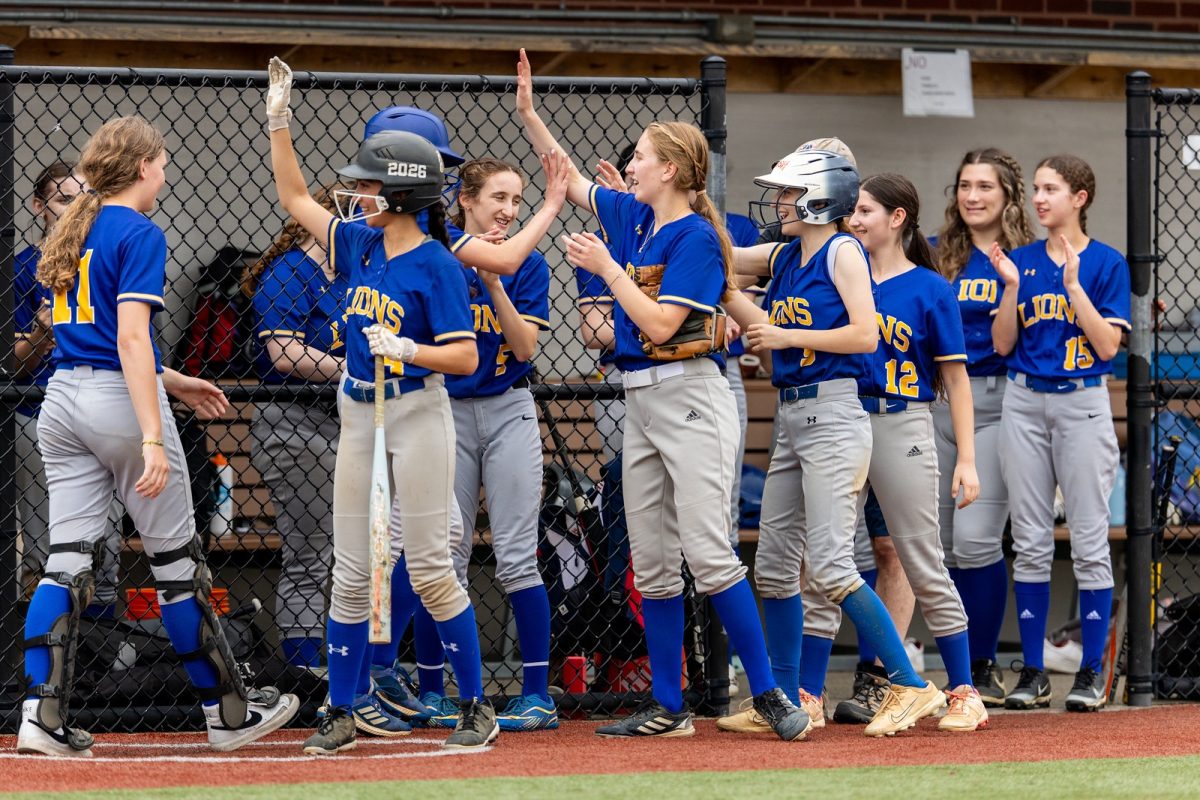Around 7:30 p.m. on Tuesday, Sep. 30, 200 ballistic missiles sent by Iran shook Israel, the biggest missile attack on a single country in history. The attack came after the deaths of Hezbollah leader Hassan Nasrallah and Brig-Gen Abbas Nilforoushan, who were eliminated in an Israeli airstrike in the southern suburbs of Beirut just days before.
This is Iran’s second direct attack on Israel this year, following the 300 drones and missiles Iran targeted Israel with in April 2024. Although the number of drones and missiles sent in April was higher than that of the recent attack, according to the Pentagon, this attack was “twice the scope” of the one in April, when they had sent a total of 120 ballistic missiles, missiles with a larger warhead capacity than cruise missiles.
Although Iran sent no specific warning about the attack, some say that they expected this strike.
“I was kind of shocked, but not really,” sophomore Gilad Elgrably said. “It’s not so surprising since we’ve been at war with Lebanon for a while now.”
While this attack came as retaliation for the elimination of Hezbollah’s major leaders, it also neared Rosh Hashanah, the Jewish New Year, and the first anniversary of the Oct. 7 attacks on Israel by Hamas.
The timing of this strike was a component that was unsurprising yet heartbreaking for some, such as Hebrew teacher Guy Koren, as this is not the first time a terrorist group has attacked Israel on or near a religious day for the Jewish people, such as the attack on Oct. 7 by Hamas which was on Simchat Torah.
“If Rosh Hashanah is coming, and we know that Iran is looking for an opportunity to attack, they’re probably going to wait until it’s a moment when we’re not ready,” Koren said. “It is when we are celebrating because that hurts a little more. That’s the aspect of terrorism that is in the literal meaning of terror.”
When Jewish families in the United States found out about the attacks, many reached out to family and friends in Israel. Senior Neely Shemony contacted loved ones in Israel after finding out about the attacks. Meanwhile, her Israeli parents remained calm even despite a large attack close to her family in Israel.
“They’re not that afraid, really,” Shemony said. “I don’t know why, but I’ve just found that they are very calm about it because sadly, it’s a common occurrence over in Israel, so I think they weren’t scared as much.”
Although this attack was the biggest in Israel’s history, their defense stayed active in preventing casualties. While there was some damage to infrastructure, the Israeli defense system the Iron Dome prevented any fatalities in the country.
While it is still unknown what will come next in this conflict, Israeli Prime Minister Benjamin Netanyahu has made clear in a statement that the Israeli Defense Forces are ready to retaliate.
“I think that this is Israel’s war to fight, and Israel is the one taking the brunt of it,” Shemony said. “So, they need to fight it how they want to fight it. If that means going with an extremely hard strike, they should be able to do that.”














